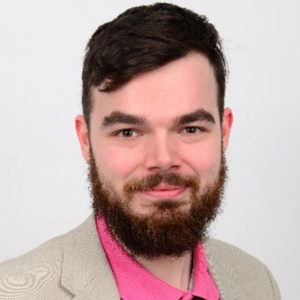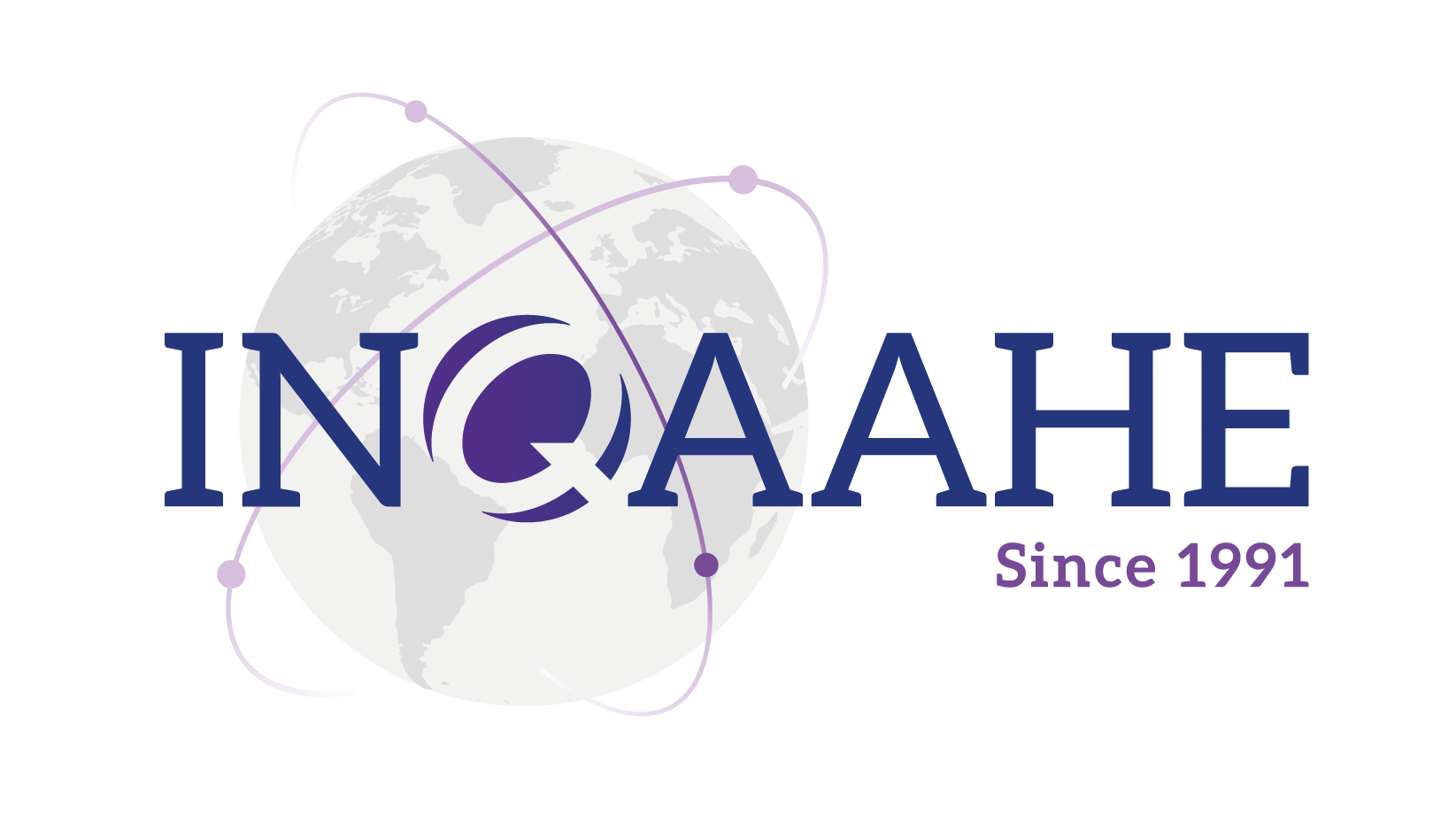
INQAAHE Forum 2024
Transforming Society: Social Reponsibility trough Quality Assurance of Tertiary Education
June 11, 2024
Roundtable
Sub-theme 2: Bridging the Gap to Quality Education for All
Incorporating Criteria for Social Inclusion in the Framework of ESG
In recent years, policies and practices for the social and educational inclusion of students from vulnerable groups have gradually begun to be implemented in the higher education institutions. Nevertheless, in many systems of higher education, there is still much room for improvement, and there exists a lack of research into inclusion approaches and their applicability and universality.
The START project, a partnership between NEAA, ARACIS, the Bulgarian Ministry of Education and Science and the Bulgarian Council for Refugees and Migrants, funded by Erasmus+, is specifically aimed at addressing the social dimension in HEQA.
The proposed roundtable discussion is centered around the social inclusion in higher education of the aforementioned vulnerable groups, and specifically – students with disabilities and students-refugees. The purpose of the discussion will be twofold – measuring the sensitivity of this issue among HEQA agencies, and gathering information regarding potential and/or existing practices in HEQA related to social inclusion.
The social inclusion of students from vulnerable groups is an essential component within the social dimension of higher education. Creating optimal conditions for access to higher education, as well as for effective learning and social integration within higher education institutions, is a key factor for both educational and social inclusion, the creation of necessary prerequisites for successful realization of representatives of vulnerable groups on the labor market after their graduation. Making this happen requires planning and organizing activities aimed at the access of people from vulnerable groups /with disabilities, refugees, from ethnic minorities, poor, etc./ to the entire process within the framework of the "student life cycle" - from accessing information about opportunities to continue education in higher schools, through access to application and training, as well as participation in extracurricular activities, to graduation. This requires a careful review of the needs of main vulnerable groups in terms of higher education attainment.
What has been mentioned so far is directly related to the improvement of the quality of education in higher education institutions - the successful integration of students from different vulnerable groups should be part of the strategies of higher education institutions for quality education. This, in turn, can be subject to assessment through accreditation procedures, through which to signal higher schools about the importance of ensuring quality educational and social inclusion of people from vulnerable groups.
In view of what has been said so far, a discussion within the round table is foreseen on issues such as:
- Which vulnerable groups should be targeted by higher education institutions in terms of improving their social and educational inclusion? What are their specific needs?
- Do higher education institutions have policies directly aimed at such groups, with a view to achieving their optimal social and educational integration?
- Do higher education institutions have activities to investigate the special needs of students from such groups, as well as to track problems within their studies?
- Do the higher schools have activities regarding the career guidance of students from vulnerable groups, do they track their realization after graduation?
- Are there good practices in the field of social inclusion in the space of higher education?
- What kind of indicators within the ESG can be added?
- Is there a need for a separate standard, and if so, how can it be defined?
Facilitated by:
 Prof. Dr Siyka Chavdarova – Kostova
Prof. Dr Siyka Chavdarova – Kostova
Prof. Siyka Chavdarova - Kostova is a lecturer at Sofia University "St. Kliment Ohridski" in the field of pedagogy, teacher training, pedagogical and social work in multicultural environment, inclusive education. She trains teachers and social workers in some bachelor's and master's programs and she was a supervisor of some successfully defended doctoral students in the field of intercultural interactions in educational environment and the development of students through educational interactions. She is currently the supervisor of doctoral students in the field of social work with refugees as a head of Master program “Social work with refugees and migrants”. Prof. Siyka Chavdarova - Kostova has many years of experience as a participant in accreditation procedures of higher education institutions - program and institutional accreditation, and in the last few years as the chairperson of the Standing Committee on Educational Sciences and Social Activities to the National Evaluation and Accreditation Agency, Bulgaria.
 Dyani Kurulenko
Dyani Kurulenko
Dyani Kurulenko is a Political Science graduate from Sofia University “St. Kliment Ohridski”, with a Master’s degree in Political Sociology. He has been a part of the NEAA team since 2022. He oversees the Agency’s International Cooperation, including maintaining the relations of NEAA with international HEQA bodies and associations, and international Higher Education Institutions. His contributions include preparation for the Agency Review process carried out by ENQA during 2022-2023, which resulted in renewal of NEAA’s membership in ENQA and registration in EQAR, as well as facilitation of the drafting and signing of several memorandums of cooperation between NEAA and HEQA agencies from Kazakhstan, North Macedonia, the United Kingdom. He is also currently working on the Social Inclusion, Tolerance, Acceptance and Realization for all sTudents (START) project, undertaken by an international consortium between Bulgaria and Romania, and funded by ERASMUS+. Dyani speaks Bulgarian, English and Russian languages.
If you have any question about the event, please do not hesitate to contact INQAAHE and/or the Forum host, ARACIS.


